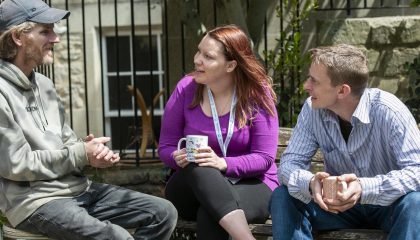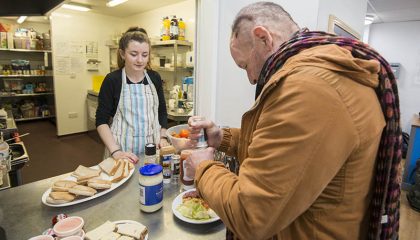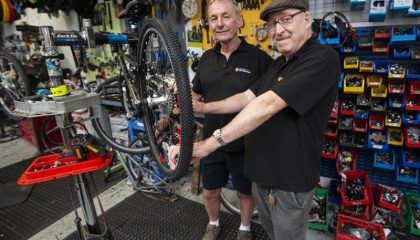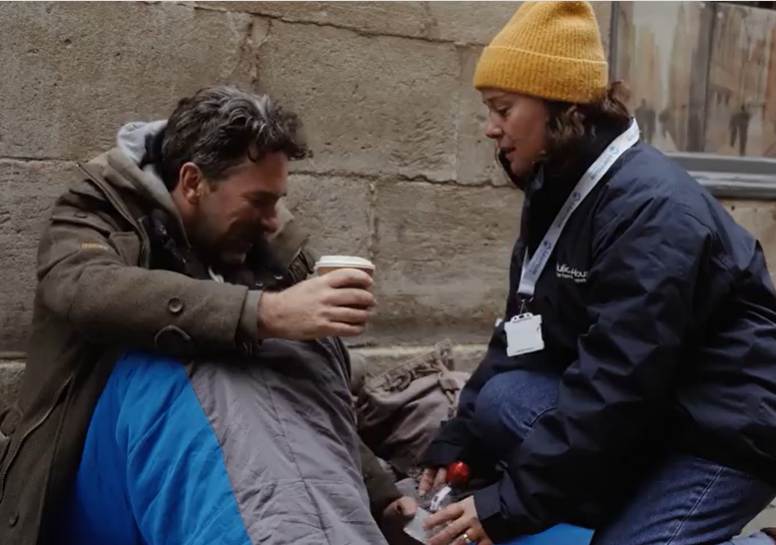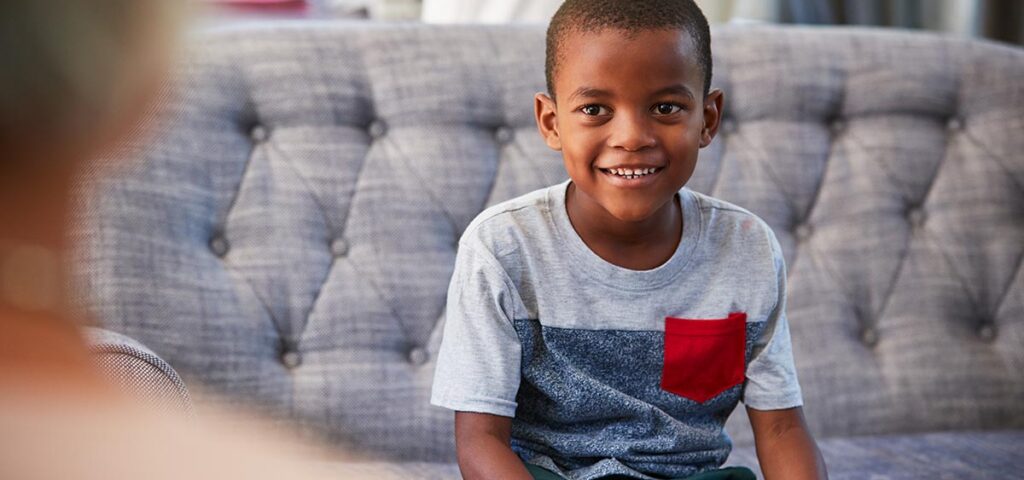
Within South Gloucestershire, we have a specialist Children and Young People service offers practical and emotional support, information, and education for CYP who are experiencing or have experienced domestic abuse.
Our specialist team support children to explore their feelings and help them understand what they have been through, know they are not to blame, help them to stay safe and let them know where they can turn if they need more help.
We chatted to Helen from the team to find out a bit more about what the service offers and who it supports:
What does the Children and Young People’s Domestic Abuse Service do?
We provide non-urgent recovery support outreach and group work for children and young people aged 4 to 17 years old who have experienced domestic abuse of any kind. We work primarily with families living and going to school in the South Glos area. We go out to see the young people in their schools or other learning settings, and we provide a safe space for them to be listened to and heard. We advocate for the young people and help them to begin to think about the emotional impact that their experience has had on them.
Nicole Jacobs, the Domestic Abuse Commissioner explains here how, for the first time, the Domestic Abuse 2021 Act recognises children and young people as victims in their own right for seeing, hearing or experiencing domestic abuse, even when it is perpetrated against a family member. Our service has recognised the impact that being in a household where domestic abuse is perpetrated, and our purpose is to help those young people to start to reflect on how they feel and the way that they express their emotions, how they interact with others and how they keep themselves safe. There are many types of domestic abuse, so we help the young people to explore what they perceive as healthy relationships and we talk through the signs that something is not right. We also work with young people who have experienced domestic abuse in their own intimate relationships and we provide a safe space for them to speak to us and to understand the emotional toll it has taken on them and to help them to rebuild their self-esteem and rebuild their trust in themselves and to take back control of their lives.
What sort of people do you support and how do they find you?
We take referrals for our service from families, from schools, from social services, from Independent Domestic Abuse Advisory services and from the School Nursing service or other NHS teams.
Why are your clients at risk and why is your support so important?
Quite often, when we start working with the young person it is the first time they have been given the opportunity to talk about their experiences. We can help them to put in place emotional and physical safety plans and to help them to communicate how they feel with their family, their school and their peers. Young people who have experienced domestic abuse can be at risk of suspension or exclusion from mainstream schools, poor mental health and further risk of domestic abuse.
This in turn can mean that young people are isolated and do not have a safe adult to ask for help. Our advocacy work as part of the support sessions is an essential part of outreach, and we can help the young person communicate more effectively with their school.
If the young person has a safe adult at school or youth club or boxing gym to talk to, then if their home situation becomes more risky and they start to feel at risk of domestic abuse again, then they are more likely to disclose to that safe adult. Experiencing domestic abuse as a child does not mean that you will go on to be an abusive adult, it just means that we have a responsibility to those young people to help them to understand what healthy relationships could and should look like.
What are the sorts of things you do in an average week/day/month?
We each have a caseload of young people and their families that we work with for 6-8 weeks, and we provide signposting for the parent that the young person is living with and make sure that the adult is getting the appropriate support that they need. We have 6 sessions of psychoeducational content that we use to guide the sessions, but we are led by the needs of the young person. We use games, quizzes, drawing and talking to think and reflect about emotions, about feelings and about recognising what domestic abuse is and isn’t. We will also work with the young person to empower them and make sure that their voice is heard and that they feel confident that the surrounding adults are able to listen to them about the important things in their lives.
This is an extract from a Primary School Family Support Assistant:“Several of our pupils have been lucky enough to receive specific domestic abuse therapeutic support from Julian House. This is vital to supporting those pupils understanding of the unhealthy relationships they have been witness too, being able to support them to keep themselves safe and begin to give them the skills to make their own healthy choices.”
You can find more information about the service here.

